
Feb. 12 was not a good day for Israeli Prime Minister Benjamin Netanyahu.
He was slapped on his right cheek by the U.S. administration — “reports that the United States discussed with Israel an annexation plan for the West Bank are false,” said the White House. But these were no “reports,” it was Netanyahu bragging to Likud Party members about his supposed discussion with the administration.
He was then slapped on his left cheek by Israel’s Supreme Court. There is no reason, the court said, to prevent the police from publicizing the conclusions it handed the attorney general in the Netanyahu legal investigation. The police do not have the power to decide if Netanyahu will be indicted. They do have the power to humiliate him and complicate his life by making the findings against him public.
Thus, a week that Netanyahu began as a leader, an orchestrator of bold military action, a statesman talking to Russian President Vladimir Putin, a restrained yet determined prime minister, appeared destined to deteriorate into a week he would end as a petty politician — chattering irresponsibly to party activists and stumbling into an unnecessary hitch with a friendly administration.
Then came Feb. 13. The police recommended that Netanyahu be indicted for taking bribes. Within three days he turned from statesman to petty politician to suspected criminal — from Prime Minister Netanyahu to Bibi the Huckster.
Netanyahu believes his coalition will survive the first round of bad publicity from the police findings.
Netanyahu had to deal with each of these developments separately. To the Americans he quickly apologized, clarifying that he did not really mean what he said, or maybe didn’t say what he meant. What he wanted to say was, in fact, a responsible thing: This is not the time to discuss and advance the annexation of West Bank territory, and he is not going to allow it. But since saying such a thing in such a blunt way is politically tricky — the prime minister needs to keep his right-wing flank quiet while dealing with his legal troubles — he utilized the Trump administration to make his position sound less dovish. Clearly, this was a miscalculation.
His legal troubles are another matter. In a long and hearty TV appearance on the evening of Feb. 13, Netanyahu rejected each of the allegations against him. The details are quite tedious: Did he support this or that legislation for this or that reason? Did he give favors in exchange for cigars? The one worthy piece of news from the evening was the fact that Netanyahu’s main political rival, Yair Lapid, is a key witness in the case against him. Netanyahu is likely to utilize this fact to his advantage, as any suspect would.
Netanyahu believes his coalition will survive the first round of bad publicity from the publication of the police findings. No party has reason to rock the boat, and no party will gain from having a new election. In fact, the opposite is true: Most of the parties can only lose. They lose if they have to renegotiate what they already have — because of a similar election outcome. They lose if they have to contend with a less friendly, less coherent coalition. So for the time being, while the attorney general ponders Netanyahu’s legal future, the prime minister seems politically safe.
It is impossible to know at this stage if Netanyahu’s coalition can survive until the regularly scheduled elections two years from now. The attorney general is expected to decide on Netanyahu’s case by the middle of this year. The prime minister could decide to pre-empt such a decision if he were to call for a new election and get re-elected. After all, in such a scenario he would be elected when the public would already be aware of his supposed crimes and would still want him as its leader. Preempting the legal process could mean a decision on a new election in early spring, and the actual vote in early 2019.
Or, Netanyahu could decide to withstand a decision to indict him and remain at the helm while standing trial. This has never been done before, and political pressure on his coalition partners could prove it futile, but Netanyahu believes it would be legal (only the Supreme Court could thwart such a belief) and maybe even manageable. Like him, the other parties read the polls and see that another election would apparently give the current coalition more than half the seats in the Knesset and would make it highly complicated for other coalitions to form.
Shmuel Rosner is senior political editor. For more analysis of Israeli and international politics, visit Rosner’s Domain at jewishjournal.com/rosnersdomain.



















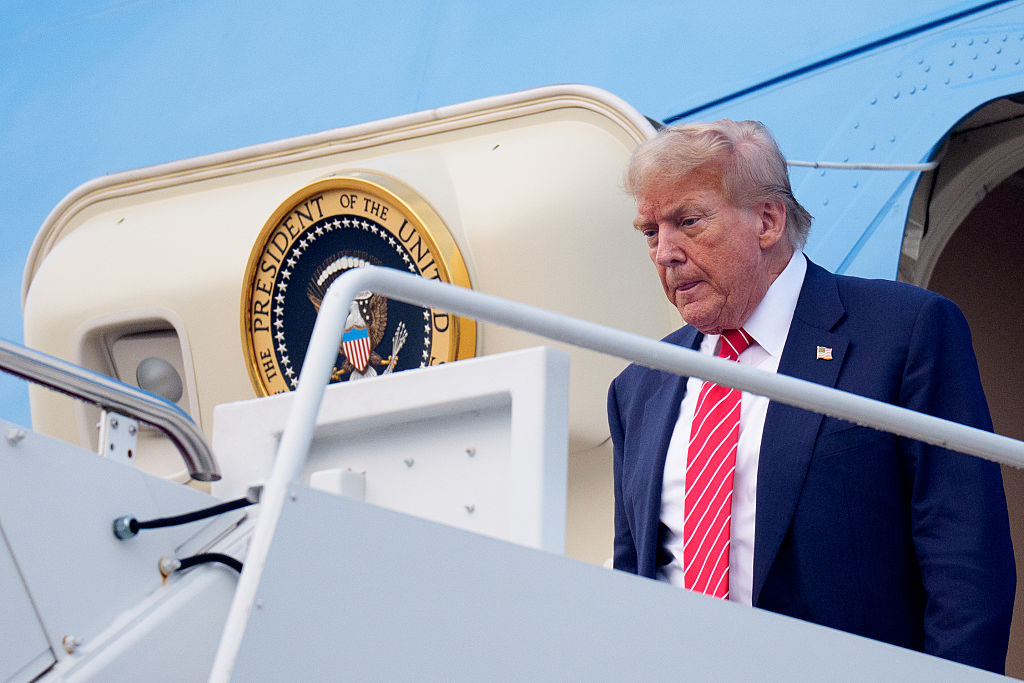



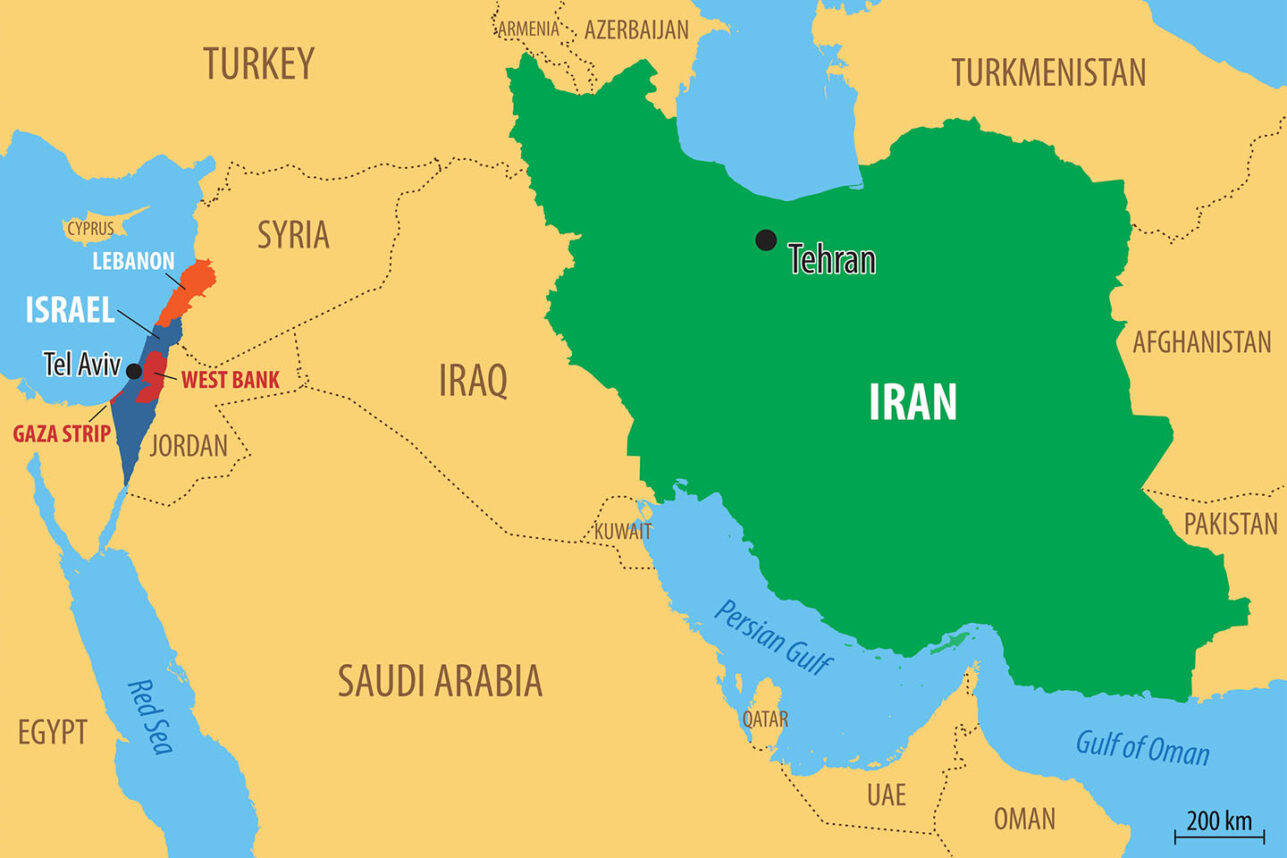

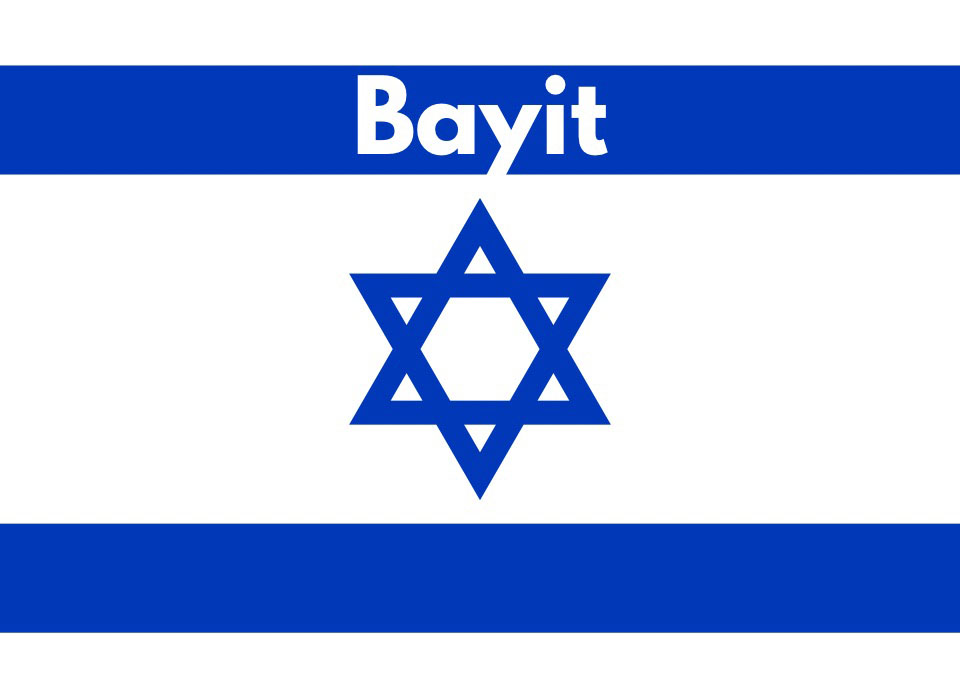


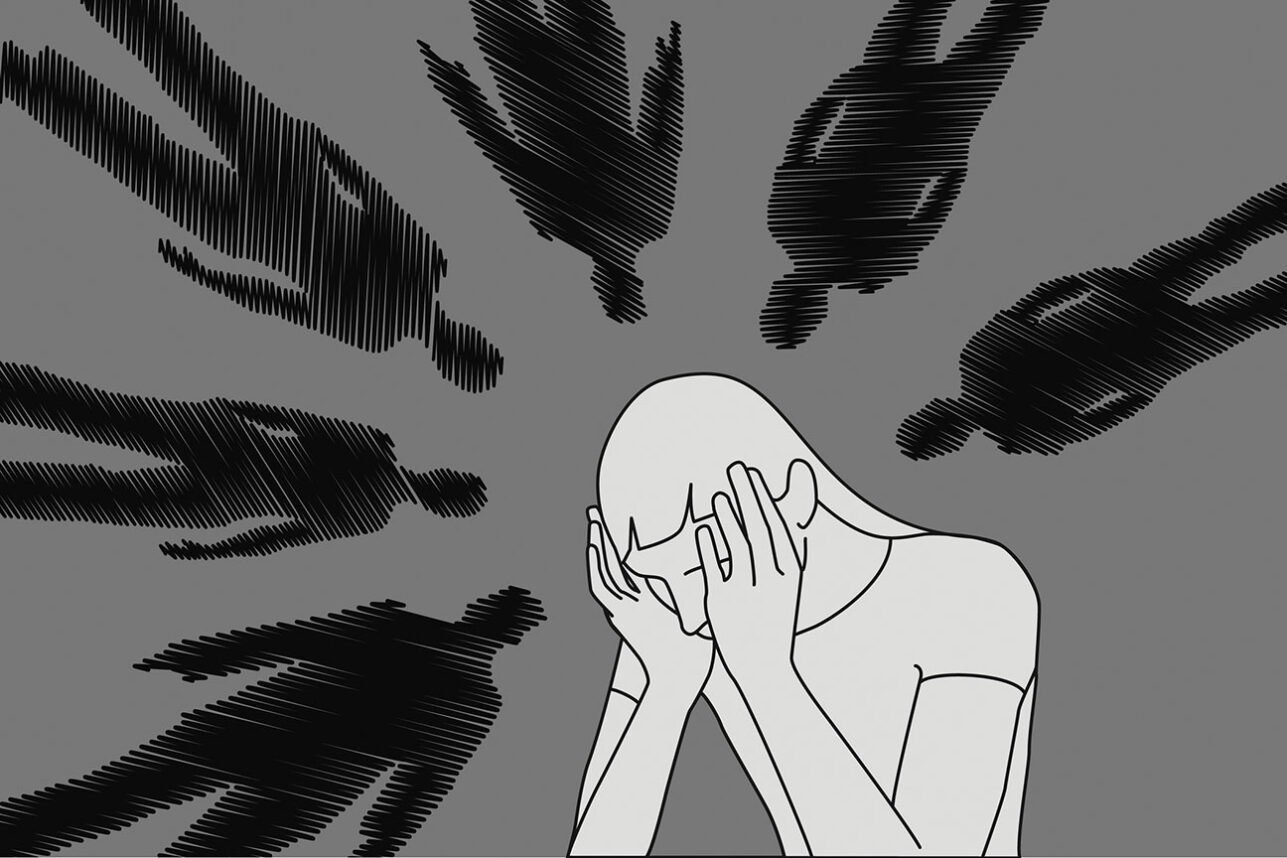

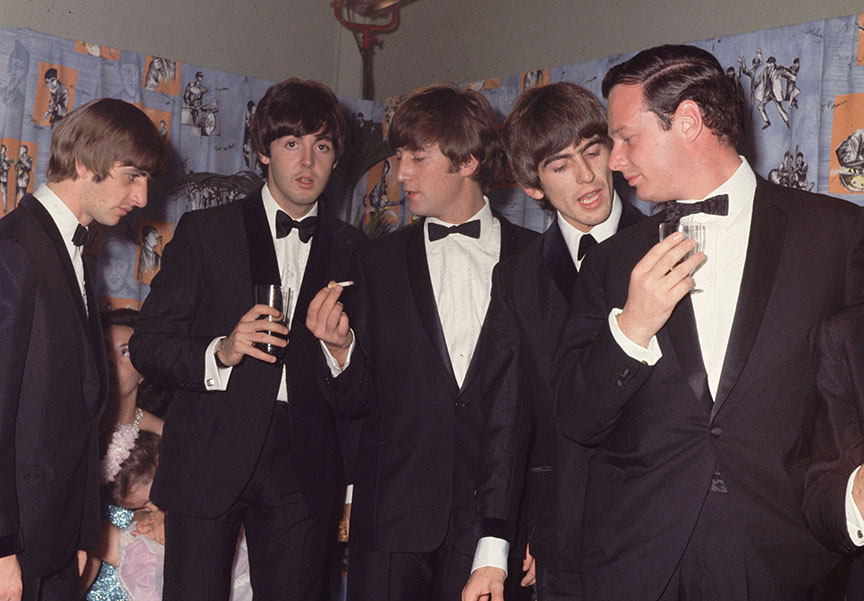



 More news and opinions than at a Shabbat dinner, right in your inbox.
More news and opinions than at a Shabbat dinner, right in your inbox.